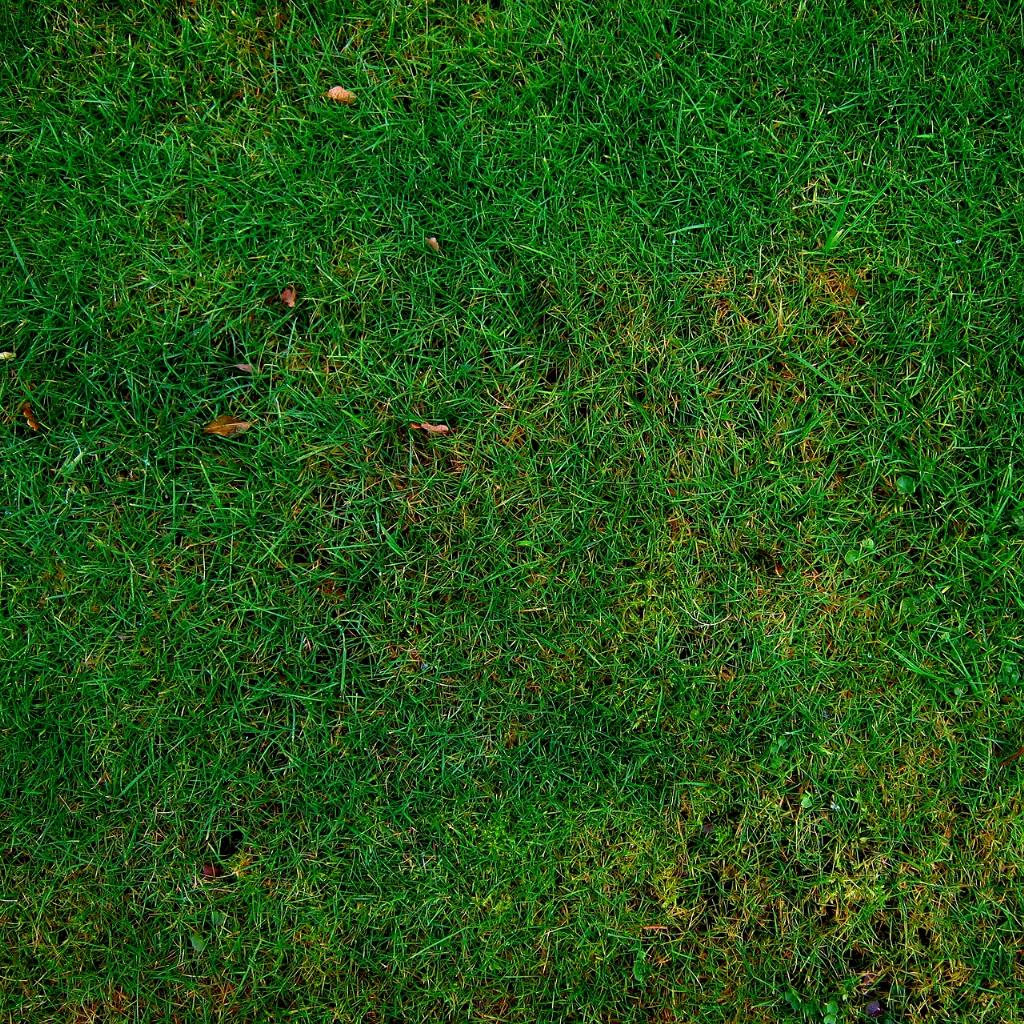As the days grow shorter and the temperatures begin to drop, many homeowners may wonder: when is the right time to stop mowing the lawn? The answer to this question may not be as straightforward as you think, as it depends on a variety of factors such as grass growth and weather conditions.
One key factor to consider is the growth rate of your grass. Grass typically slows down its growth as the days get shorter and colder. Once you notice that your grass is no longer growing, it may be a good indication that it’s time to put away the lawnmower for the season.
However, it’s important to note that there may still be instances where you’ll need to run the mower even after the grass has stopped growing. For example, if you have a significant amount of leaves covering your lawn, using the mower to mulch the leaves can help improve the health of your grass by adding nutrients back into the soil.
Many homeowners may also wonder if an early snowfall is a signal to stop mowing. In most cases, an early snowfall that doesn’t stick around isn’t necessarily a sign that it’s time to stop mowing. Instead, it’s essential to pay attention to the grass growth and the amount of leaf cover on your lawn to determine when to stop mowing.
Ultimately, the decision on when to stop mowing your lawn will depend on your specific lawn care needs and preferences. Some homeowners may prefer to keep their lawn neatly trimmed until the first snowfall, while others may choose to stop mowing earlier in the season.
Another consideration is the type of grass you have in your lawn. Different grass types have varying growth rates and may require different mowing schedules. It’s essential to research the specific needs of your grass type to determine the best time to stop mowing.
Additionally, the climate in your region will play a significant role in determining when to stop mowing your lawn. In areas with milder winters, you may be able to continue mowing well into the late fall or early winter, while areas with colder climates may require you to stop mowing earlier in the season.
It’s also essential to consider the health of your lawn when deciding when to stop mowing. Over-mowing can put stress on your grass and weaken its roots, making it more susceptible to disease and pests. By allowing your grass to grow a bit longer before the dormant winter months, you can help ensure that it stays healthy and robust.
As the end of the mowing season approaches, it’s a good idea to perform some final lawn care tasks to prepare your lawn for the winter months. This may include fertilizing, aerating, and overseeding to help your grass stay healthy and vibrant during the colder months.
In conclusion, the right time to stop mowing your lawn will vary depending on a variety of factors such as grass growth, weather conditions, grass type, and personal preferences. By paying attention to these factors and tailoring your lawn care routine accordingly, you can help ensure that your lawn stays lush and healthy throughout the changing seasons.

